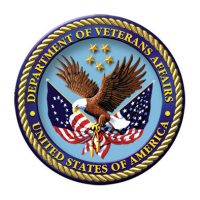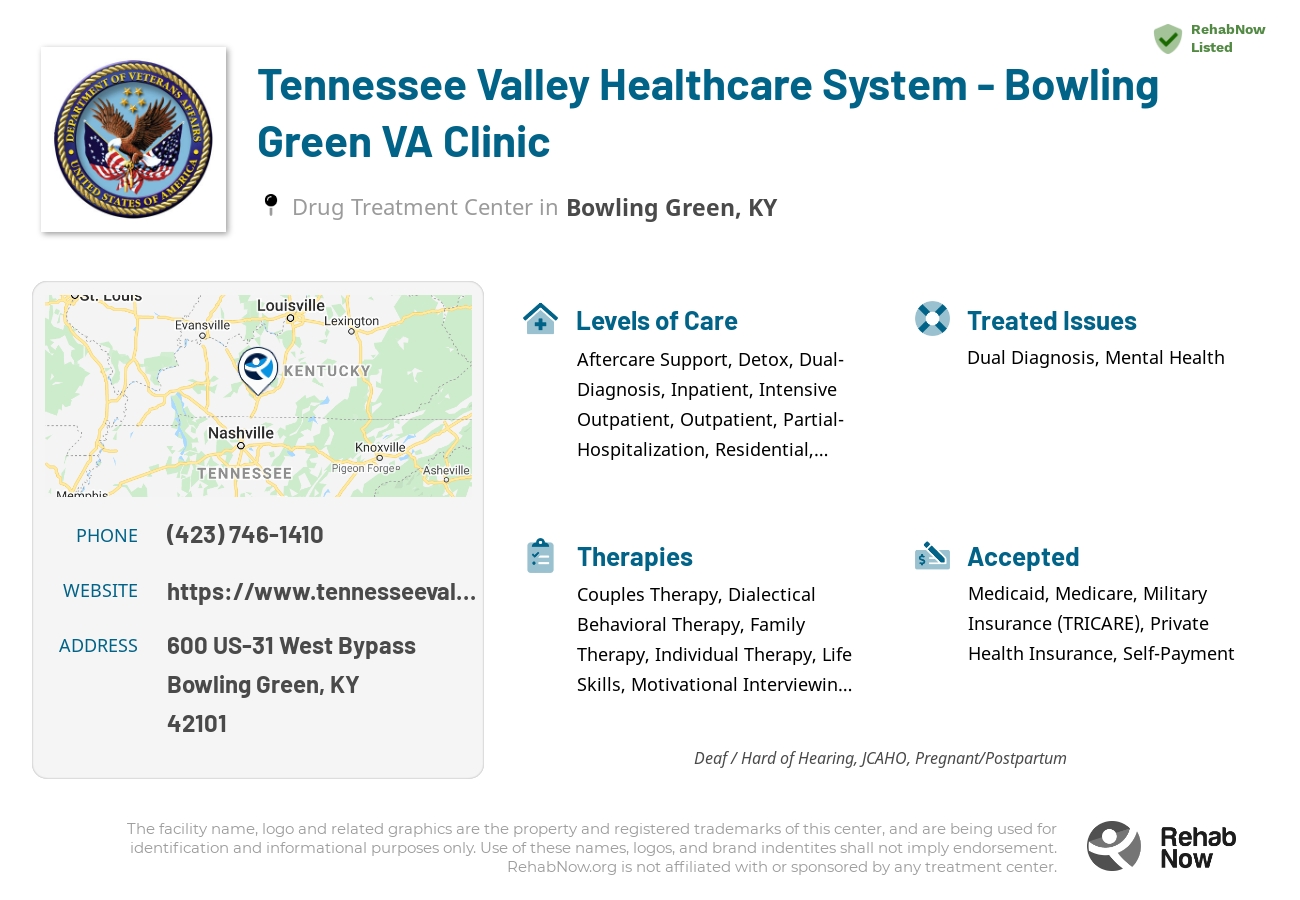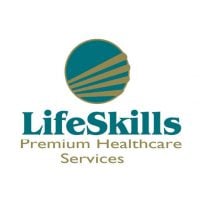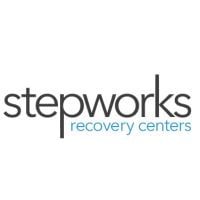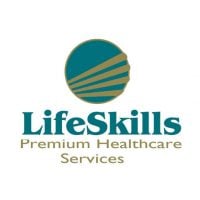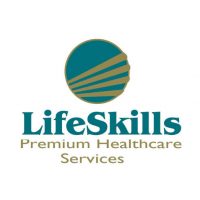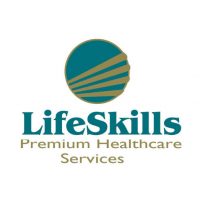About Tennessee Valley Healthcare System - Bowling Green VA Clinic in Kentucky
Tennessee Valley Healthcare System - Bowling Green VA Clinic is a licensed and accredited private rehab located in Bowling Green, Kentucky specializing in Dual Diagnosis (Co-Occuring Disorders), Mental Health, and Addiction Treatment. Addiction is a disease that can be treated. There are many different types of treatment available here to help addicts get sober, including inpatient and outpatient programs. The first step towards recovery is admitting there’s a problem, so if you or someone you love has an addiction, don’t wait any longer to seek help.
Addiction is a disease that affects a person's entire life, and can be treated. Tennessee Valley Healthcare System - Bowling Green VA Clinic understands how hard it is to get sober, but are here to help. Their rehab center has a variety of treatment methods that with the goal to help addicts get clean and stay sober for good. Women and men are welcomed to seek treatment here. All genders are welcomed at Tennessee Valley Healthcare System - Bowling Green VA Clinic, which is proudly staffed or owned by LGBTQ+ advocates.
It's important to consider accreditations and certifications when selecting a treatment facility. JCAHO has Accredited this facility. Payment methods here are Medicaid, Medicare, Military Insurance (TRICARE), Private Health Insurance, Self-Payment and potentially more case-based methods are available. Fortunately, private health insurance is accepted here. For additional information regarding paying for treatment, contact our admissions counselors now.
Genders
Ages
Modality
Additional
Accreditations

JCAHO
Conditions and Issues Treated
Recovery is not simply about stopping drug use. Recovery is working with addiction while recovering mental health issues that are fueling the addiction in the first place.
Levels of Care Offered
This center offers a variety of custom treatment tailored to individual recovery. Currently available are Aftercare Support, Detox, Dual-Diagnosis, Inpatient, Intensive Outpatient, Outpatient, Partial-Hospitalization, Residential, Sober-Living / Half-Way, with additional therapies available as listed below.
Detox is the first step of rehab. It involves giving a person time to get the toxins out of their body. During detox, the patient gets ill and they will often start using again to get rid of these unpleasant feelings. That’s why it’s so important to have a Bowling Green medical professional at Tennessee Valley Healthcare System - Bowling Green VA Clinic present. A Kentucky medical professional will make sure patients don’t start using during detox. They will also provide medication to ease their symptoms and coach them through on a mental level.
Individuals who are suffering from severe addiction or have a high risk for dangerous health concerns are often recommended to receive inpatient treatment.
Choosing to enter an inpatient treatment program is beneficial for people who are suffering from severe addiction, or who have a high risk for dangerous health concerns.
Inpatient treatment is beneficial for:
- People who have a history of severe withdrawal.
- People who have attempted to overcome addiction on their own without success.
- People who have a history of relapse, or have recently relapsed.
- People at risk for drug overdose or withdrawal-related complications.
- People with medical conditions that are worsened by drug or alcohol use.
Addicts who need help with their addiction can enroll in an intensive outpatient program (IOP). But the patient won’t live there during treatment.
IOP involves patients visiting a medical office building regularly for therapy and other services while continuing to live their lives.
IOP is a step up from drug or alcohol detox, but it’s still a phase of recovery, not the end goal. Patients in need of IOP have many options for rehab and treatment.
Outpatient treatment is considered the lower intensity level of addiction treatment. It’s ideal for early phase addiction or lower intensity addictions. It may include weekly sessions instead of daily. It may include weekly sessions instead of daily. Peer group support, 12-step programs, and individual counseling may still be involved but at a lesser frequency than an intensive outpatient program. It is a good choice for someone who doesn’t need to go through a medically supervised detox and who has a supportive home environment. It requires motivation and dedication to commit to the program without constant monitoring.
PHP is a program where the individual is cared for in a hospital-like environment during the struggle of those symptoms, but still have some of the freedoms of an outpatient form of treatment. The individual may sleep at the facility each night, or they may sleep at home, but all have more monitoring than an outpatient treatment program typically offers. A PHP is able to live at home, attend school, work or perform other daily activities. This appeals to many families due to the ability of their loved one to still have some freedoms while also receiving treatment for their addiction.
Sober living homes (abbreviated SLHs or sometimes sober houses) are temporary housing for recovering addicts. The typical SLH functions as a halfway house, providing a stable living environment for addicts in recovery. While at an SLH, residents typically meet with various therapists on site and attend regular 12-step meetings as well as other recovery group meetings.
Residential treatment programs are those that offer housing and meals in addition to substance abuse treatment. Rehab facilities that offer residential treatment allow patients to focus solely on recovery, in an environment totally separate from their lives. Some rehab centers specialize in short-term residential treatment (a few days to a week or two), while others solely provide treatment on a long-term basis (several weeks to months). Some offer both, and tailor treatment to the patient’s individual requirements.
Aftercare support should take place after outpatient treatment has ended. There are a few different types of aftercare support that patients can seek. These include 12 Step, Self-help groups (AA, NA), Therapeutic communities, Long-term, structured sober living arrangements, and Halfway houses (residential treatment centers).
Therapies & Programs
Individual therapy involves one-on-one sessions between the patient and therapist. It provides patients with a safe environment to openly discuss personal and sensitive issues with the therapist. They find the therapist as someone they can trust. Individual therapy aims to identify the core issues that would have led the patient to substance abuse and address them effectively. The therapist can develop patient-specific customized solutions through individual therapy, which aids speedier recovery.
Couples therapy works with clients and significant others in a professional capacity to improve relationship dynamics. This can be helpful for addicts who are trying to marry the idea of recovery into their work, family, social lives – any aspect that has to do with relationships.
Through counseling sessions, addicts will have an opportunity to talk about their addiction with professional partners. These partners can offer feedback and advice on how to get sober while keeping healthy relationships intact. A good couples therapist will help addicts understand their part in an unhealthy relationship dynamic or find ways to deal with anger or resentment from significant others outside of the home.
Family therapy is a group problem-solving that aims to improve communication and relationships between the addict, their family, and sometimes friends. The main goal of family therapy for drug addiction is to create an environment where communication can occur without judgment, hostility, or blame. The therapist is with the family as they learn to communicate differently, especially with the addict when s/he is using. The family can learn to reduce their enabling behavior or rally together and support each other during tough times.
An addict’s family can play a vital part in helping them to avoid relapse because they can spot the warning signs and help them get back on track before it becomes too much of a problem. Family therapy is one of the most effective ways to help addicts stay on the path to long-term sobriety. When a drug addict decides that they want to try and get sober, it takes the support of every person they love to succeed. It can be incredibly difficult for loved ones to watch an addict go through the pain and suffering of withdrawal, but by being there with them and supporting them, they can help to make sure that the addiction never returns.
In general, trauma therapy is a clinical process that helps individuals deal with mental stress often caused by traumatic events. The therapist helps the person identify, understand, and work through the problem. This is done with the help of talking about it in group or one-on-one counseling sessions. Therapists use relaxation, role-playing, art, and music to help the person open up about what is bothering them.
There are many different types of trauma therapists, such as psychiatric nurses and counselors. Not everyone is a good candidate for this type of therapy; it is generally reserved for people who have recently experienced a traumatic event and struggle to get over it. It is often done for children, teenage victims of sexual assault, and war veterans.
Dialectical Behavior Therapy (DBT) is a type of therapy created in the late 1980s and early 1990s to help people with high rates of suicidal behavior. DBT helps people learn how to live a life that is no longer controlled by overwhelming emotions and urges. It is beneficial in treating drug addiction because it helps patients understand and cope with their cravings for drugs or alcohol rather than turning to those substances as a way of coping.
There is hope for people who are addicted to drugs and alcohol. Cognitive Behavioral Therapy (CBT) is the solution. CBT focuses on the underlying thoughts and behaviors that caused the addiction problem in the first place and may cause a relapse. This type of psychotherapy addresses negative feelings common in substance abuse disorders. It helps to change them by restructuring thought patterns. It’s about removing negative thoughts and providing long-term benefits while promoting self-awareness, self-control, and healthy ways to respond to negative thoughts. These sessions can be done by themselves or as part of combination therapy.
Since addiction is a chronic physical and mental illness, addicts need to learn as many life skills as possible. Many drug treatment centers offer life skills activities as part of their addiction recovery programs. Examples include cooking classes, employment training, resume writing seminars, parenting classes, and computer training. Life skills activities help addicts find employment, take care of their families, and give back to the community.
Payment Options Accepted
For specific insurance or payment methods please contact us.
Is your insurance accepted?
Ask an expert, call (888) 674-0062
Additional Details
Specifics, location, and helpful extra information.
Bowling Green, Kentucky 42101 Phone Number(423) 746-1410 Meta DetailsUpdated November 25, 2023
Staff Verified
Tennessee Valley Healthcare System - Bowling Green VA Clinic Patient Reviews
There are no reviews yet. Be the first one to write one.
Bowling Green, Kentucky Addiction Information
Kentucky ranks among the top ten states for opioid-related overdoses. Most of these are due to heroin, fentanyl, and prescription opioid use. A little over 11% of the Kentucky population abuses alcohol in a given year. More than 15% of Kentucky adults admit to participating in binge drinking every month.
Treatment in Nearby Cities
- La Grange, KY (113.7 mi.)
- Martin, KY (206.2 mi.)
- Burkesville, KY (60.0 mi.)
- Georgetown, KY (132.7 mi.)
- Williamstown, KY (153.0 mi.)
Centers near Tennessee Valley Healthcare System - Bowling Green VA Clinic
The facility name, logo and brand are the property and registered trademarks of Tennessee Valley Healthcare System - Bowling Green VA Clinic, and are being used for identification and informational purposes only. Use of these names, logos and brands shall not imply endorsement. RehabNow.org is not affiliated with or sponsored by Tennessee Valley Healthcare System - Bowling Green VA Clinic.
